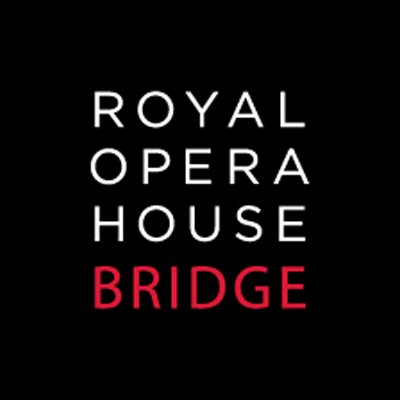Yesterday, the Royal Opera House was delighted to welcome 75 headteachers and leaders from across the South-East of England for its third Headteachers’ Symposium – an event developed in partnership with the Cultural Learning Alliance, Festival Bridge and Artswork, that explored ways to improve access to creative learning in schools and communities.

The programme – this year titled ‘Leadership, Equity and Creativity in a post-pandemic world’ – was chaired by Co-Director of Cultural Learning Alliance Lizzie Crump. Speakers included Keisha Thompson, Artistic Director/CEO of Contact Theatre, Manchester; Carolyn Roberts, Headteacher of Thomas Tallis School in Greenwich; and Debra Rutley, CEO of Aspire Multi-Academy Trust. The day ended with a discussion about a Cultural Education Plan for England, involving representatives from both the Department of Education and the Department for Digital, Culture, Media and Sport. Lord Parkinson was also in attendance.
The event was initiated by ROH Bridge – a programme that works with schools, arts organisations, museums, libraries, heritage sites, and councils across Essex, Hertfordshire, Bedfordshire and North Kent, nurturing networks and fostering innovation in the education, arts and culture sector. ROH Bridge is funded by Arts Council England, and is part of a national network of ten ‘bridge’ organisations. This year, the programme has delivered over 90 events, working with 332 schools and 189 cultural organizations in the East to deliver much needed support, and address the impact of the pandemic on the creative curriculum. More information can be found on the Royal Opera House website.
Sally Manser, Head of ROH Bridge, said:
‘It is exciting to see so many senior school leaders from all kinds of education settings come together to articulate the value of creativity in education, discuss how to combat inequity of access and get involved in strategic thinking with key decision makers.’
Jody Gee, Headteacher, Anglo European School, said:
‘This was an inspirational day for ethical leaders to re-commit to ensuring that all children have an entitlement and equity of access to arts and culture as part of a broad, balanced and inclusive curriculum. It was also a way to capture the voices of professionals and students, and create a sustainable, innovative cultural education plan in preparation for future learning and employment in an ever-changing global landscape.’
To find out more about the ROH Bridge Programme, visit here…


Leave a Comment